When Disney Cuts the Mic: The Chilling Silence of Power
Free speech is never lost all at once. It slips away in moments like a comedian suspended, a critic silenced, a voice cut mid-sentence.
This week, it was Jimmy Kimmel.
His late-night show was pulled indefinitely after he took aim at those exploiting the murder of Charlie Kirk.
It didn’t matter that satire and sharp critique have been central to American culture for centuries. The mic was cut, and with it came the reminder that speech in this country is only as safe as the corporations willing to host it.
This wasn’t about accountability. It was about compliance.
It wasn’t about “community standards.” It was about corporate self-preservation.
And it wasn’t just about Jimmy Kimmel. It was about whether dissent itself gets to survive.
The Fragile Line Between Humor and Power
Comedy has always been a testing ground for free expression. Mark Twain’s barbs at Gilded Age politics, Richard Pryor’s fearless explorations of race and identity, George Carlin’s infamous *Seven Dirty Words* all of them stretched the boundaries of what we are “allowed” to say in public.
Each time, there was backlash. Sometimes arrests. Sometimes lawsuits. Sometimes bans. But the principle that satire is protected speech has been one of the few constants in the American experiment.
That principle is wobbling.
When late-night hosts, comedians, or journalists can be taken off the air for offending powerful interests, it signals something deeper: our speech is no longer free, it’s curated. And curated speech is control, not liberty.
Why This Moment Matters
Free speech isn’t supposed to be polite. It isn’t supposed to be comfortable. In fact, the very point of free speech is that it protects the unpopular, the offensive, the sharp-edged ideas that make us question.
History Proves the Stakes
Lenny Bruce was arrested for obscenity in the 1960s. His trial became a turning point for artistic freedom.
George Carlin’s “Seven Dirty Words” case went to the Supreme Court, shaping how America understood the limits of broadcast speech.
Civil Rights and Vietnam-era satire gave ordinary people courage to question authority at a time when conformity was easier.
Every generation has had to fight to keep those protections alive. And each time the fight has been framed as “protecting values” or “keeping things decent.” But decency has always been the excuse for censorship.
If corporations are allowed to decide which critiques are safe to air, then free speech becomes little more than a slogan.
What We Can Do About It
We can’t outsource this fight to the courts or the politicians. The defense of free speech has always come from ordinary people refusing to accept silence.
Here are steps anyone can take right now:
Vote with your attention. Turn off Disney-ABC, ESPN, and their platforms. Ratings and ad dollars are their lifeblood.
Cancel Disney+. Share your cancellation publicly. Lost subscribers get noticed in boardrooms.
Demand answers. Call and email Disney, ABC, Nexstar, and Sinclair. Ask why satire is being punished.
Show up. Protests at corporate offices matter because visibility makes censorship harder to bury.
Support watchdogs. PEN America, ACLU, Reporters Without Borders, they fight these battles in court and in Congress.
Keep the conversation alive. Share this story. Share these slides. Share posts like this one. Speech is strongest when it multiplies.
The Bigger Picture
This isn’t about liking or disliking Jimmy Kimmel. You don’t have to laugh at his jokes or agree with his politics to see what’s at stake here.
It’s about whether dissent itself is allowed to survive in an era when corporations and regulators increasingly control the public square.
The mic wasn’t just cut on one comedian. It was cut on the principle that makes democracy possible.
Free speech is messy. It offends. It unsettles. It challenges us to think harder about our assumptions. That’s the price and the privilege of liberty.
If we only protect speech we like, we don’t have free speech at all. We have managed speech, and managed speech is just another word for silence.
If we don’t defend it now, we risk losing it for good.
Don't just watch: Act!



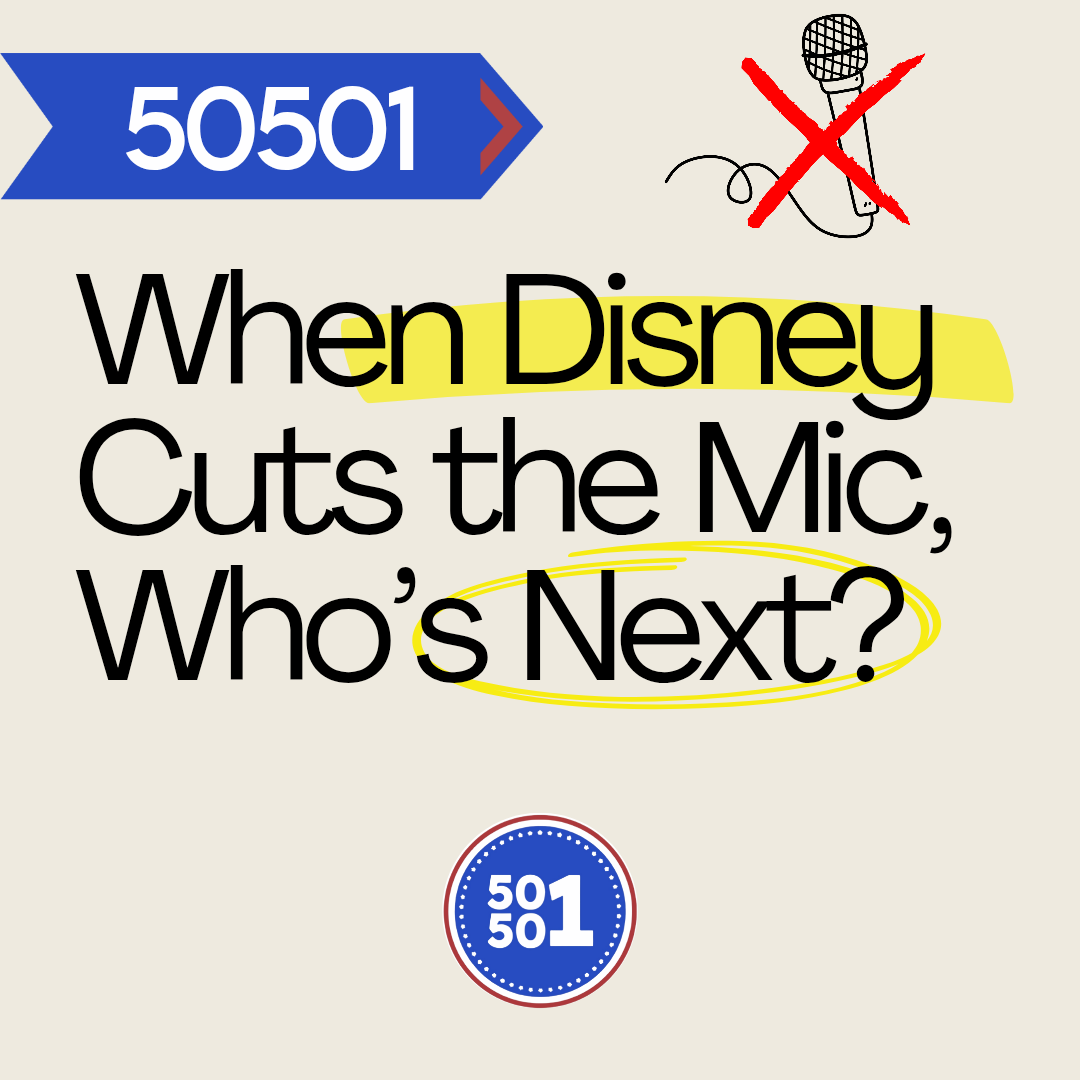
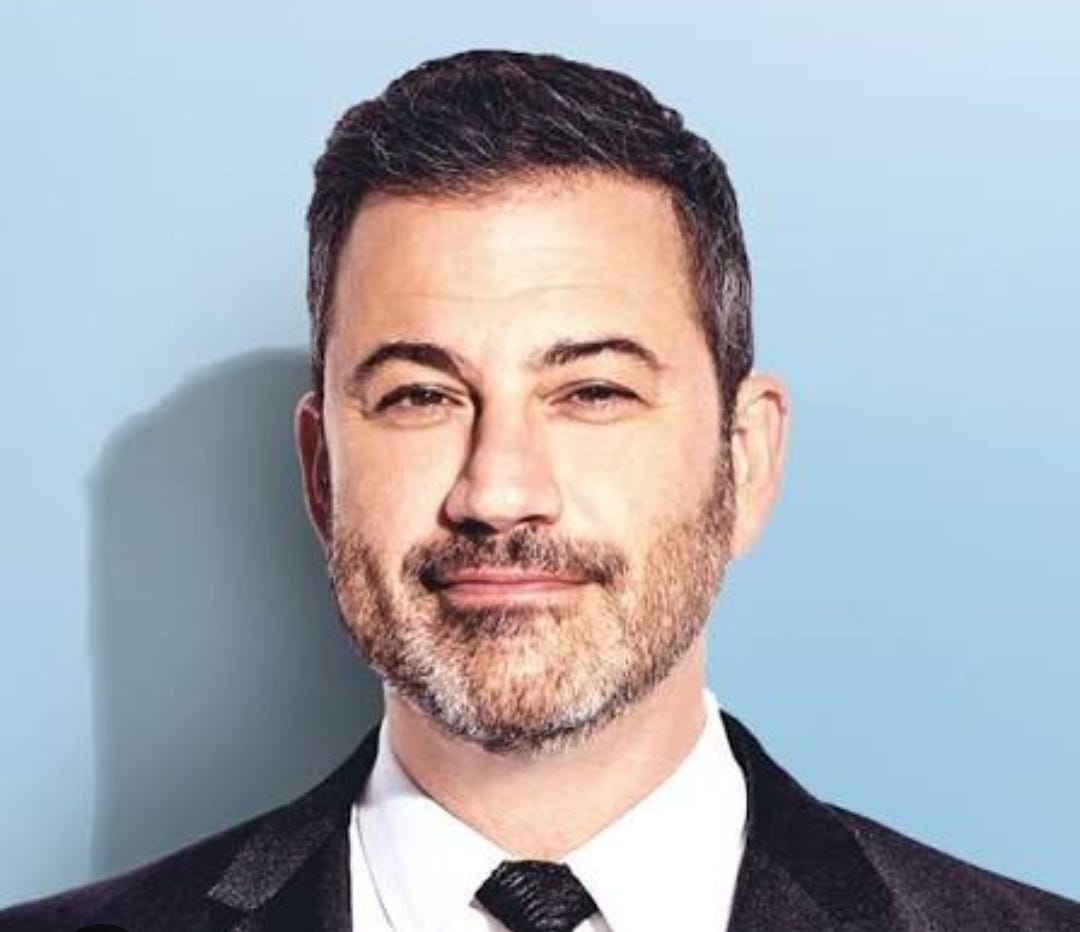
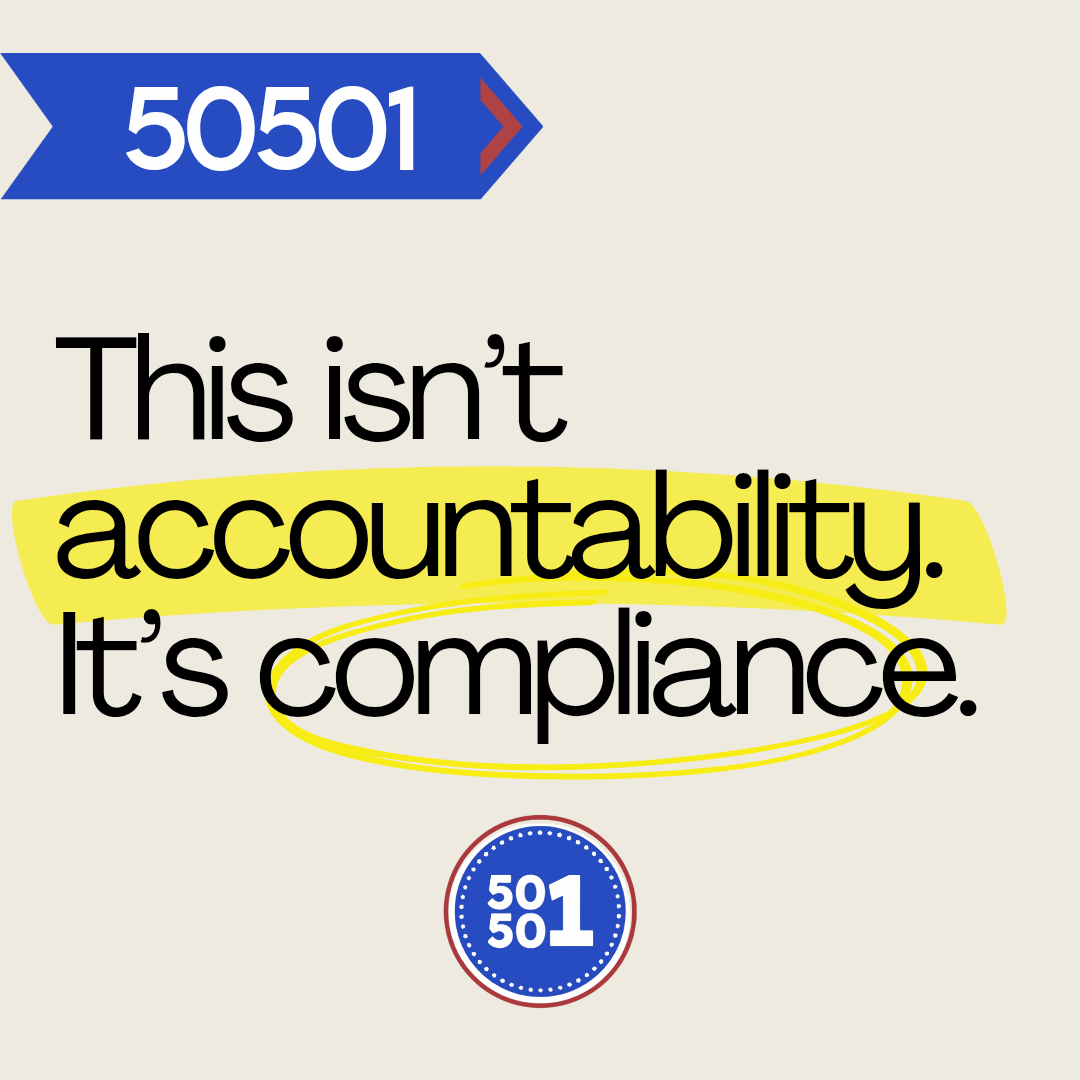
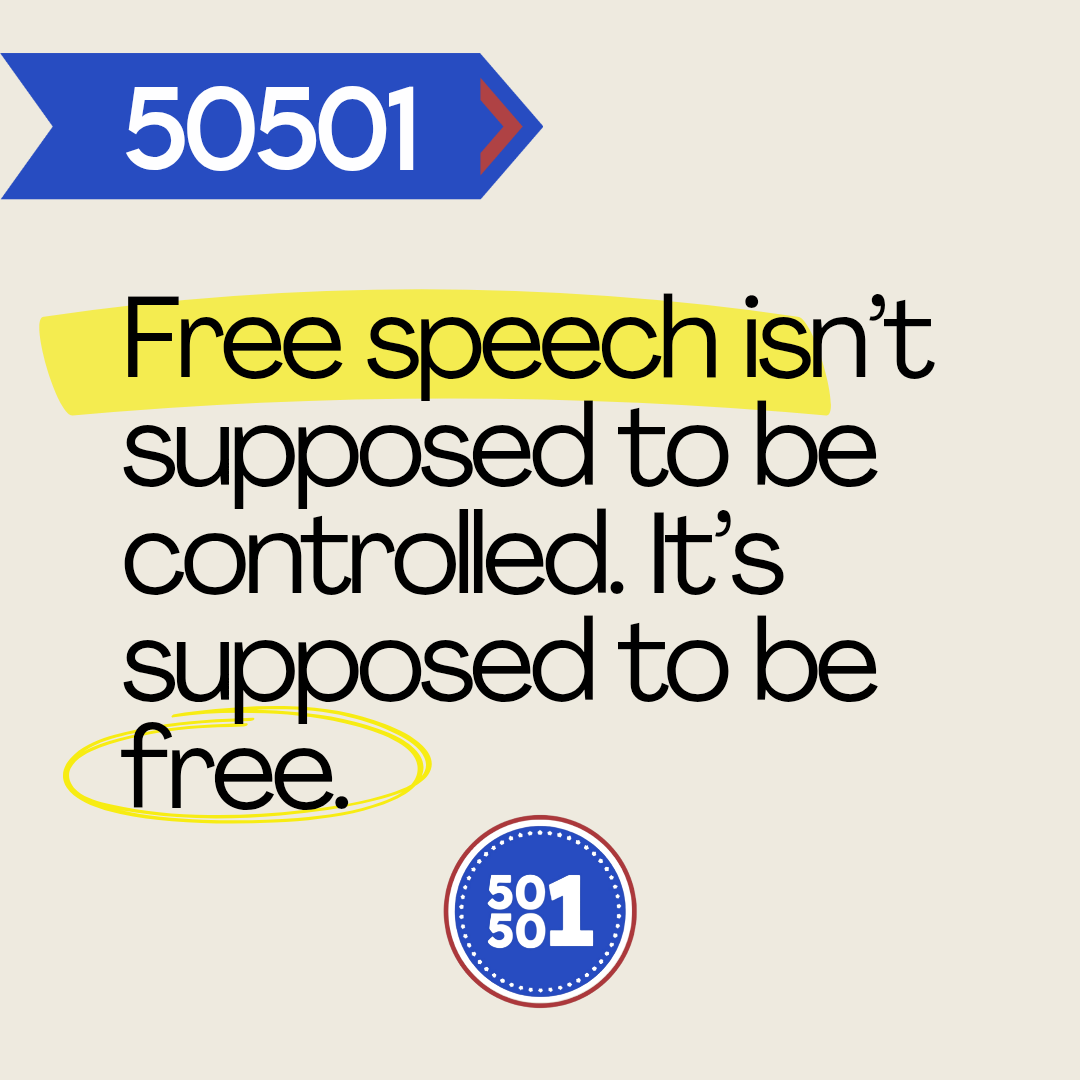
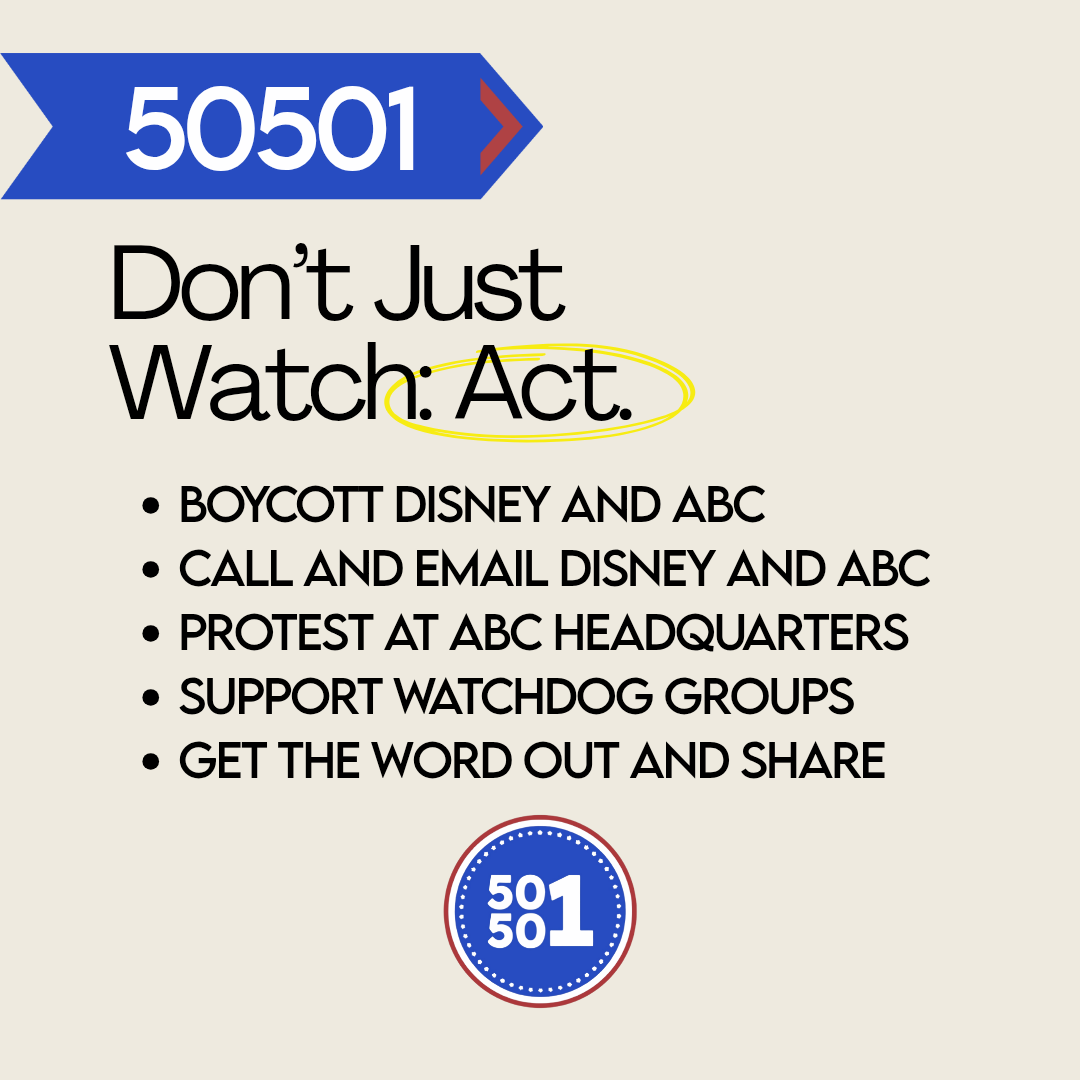
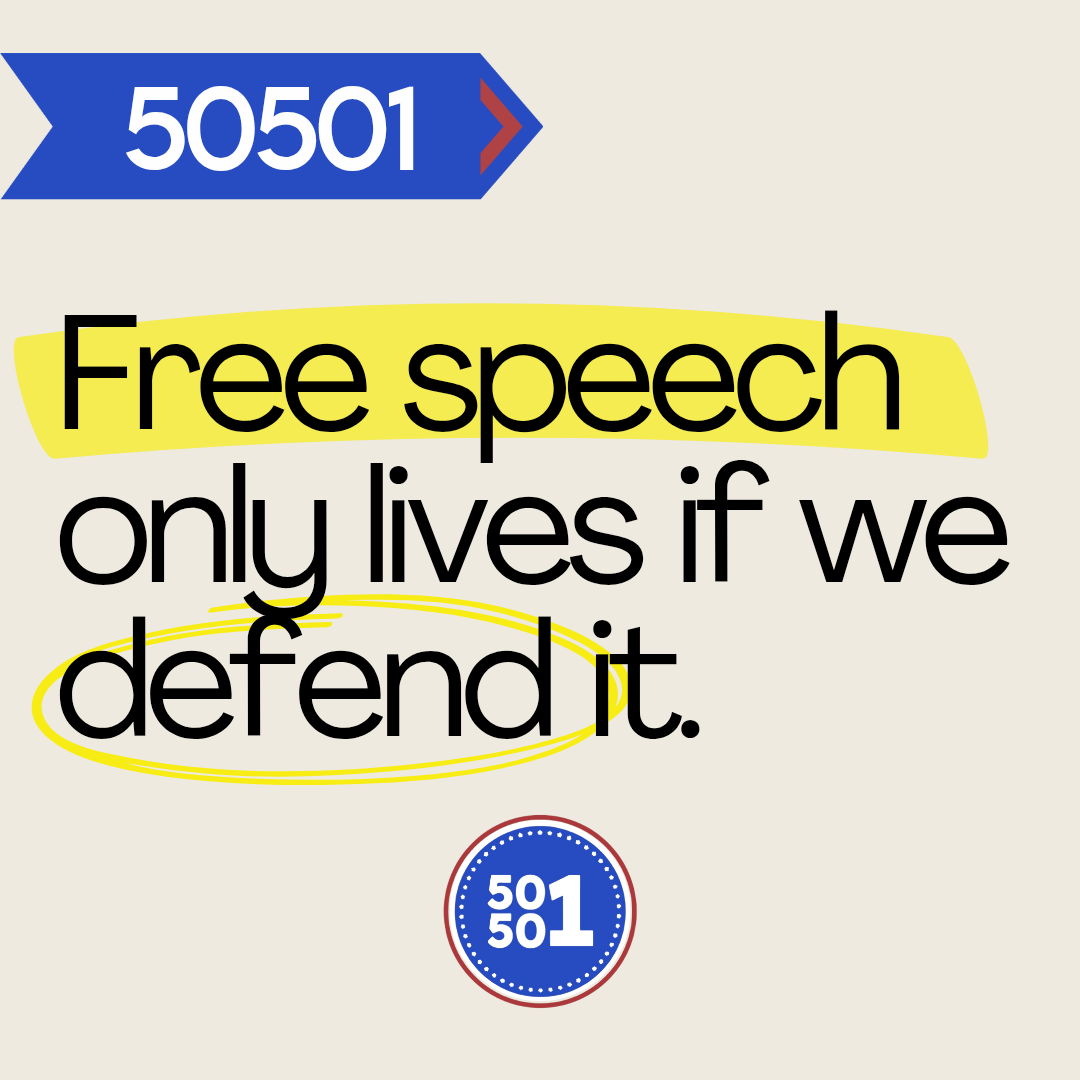
I cancelled Hulu and Disney+
Wish I could do more.
I cancelled Disney +, Hulu and Direct TV. Then I signed up to give my money to PBS membership for $60 a year.